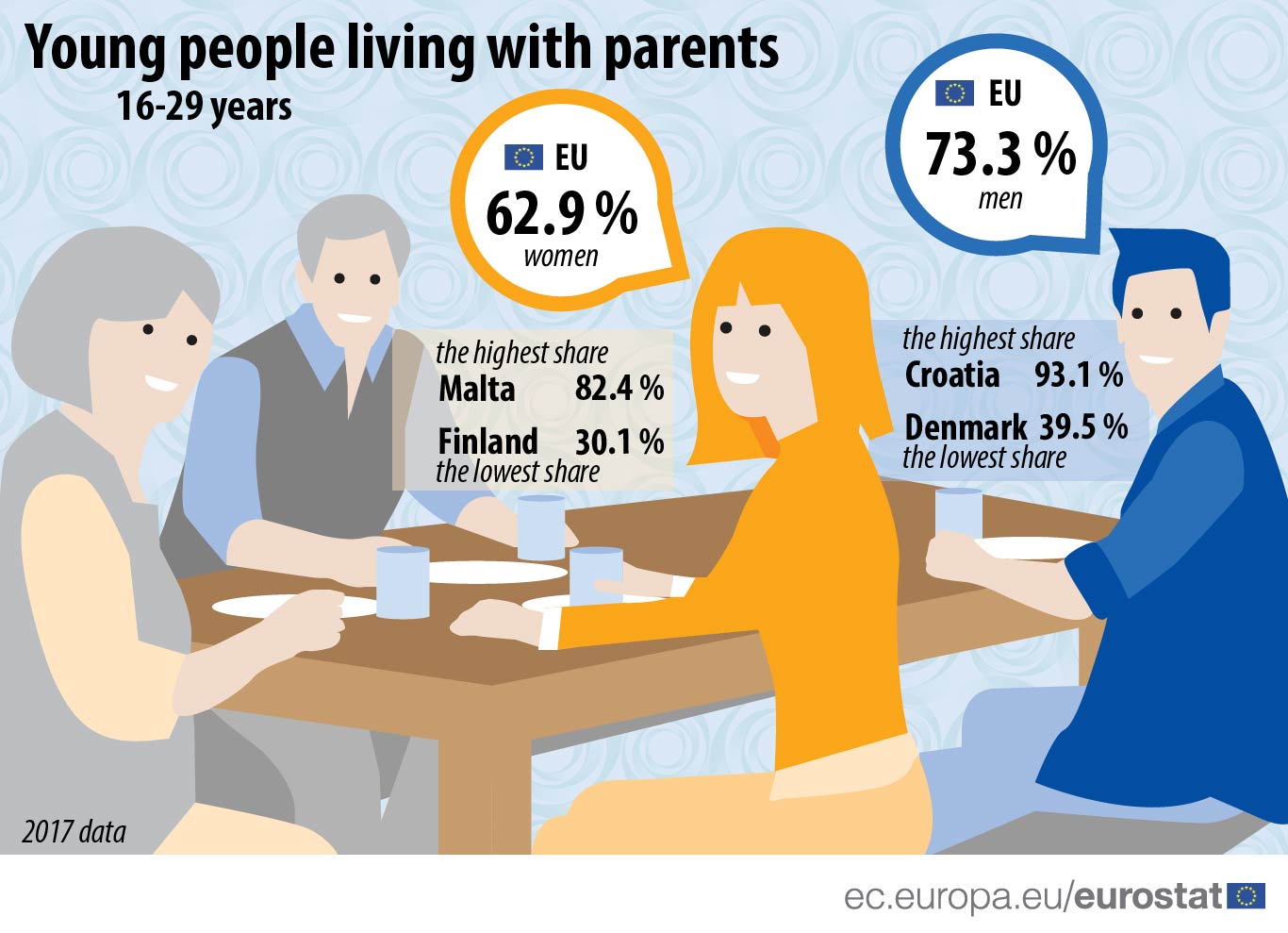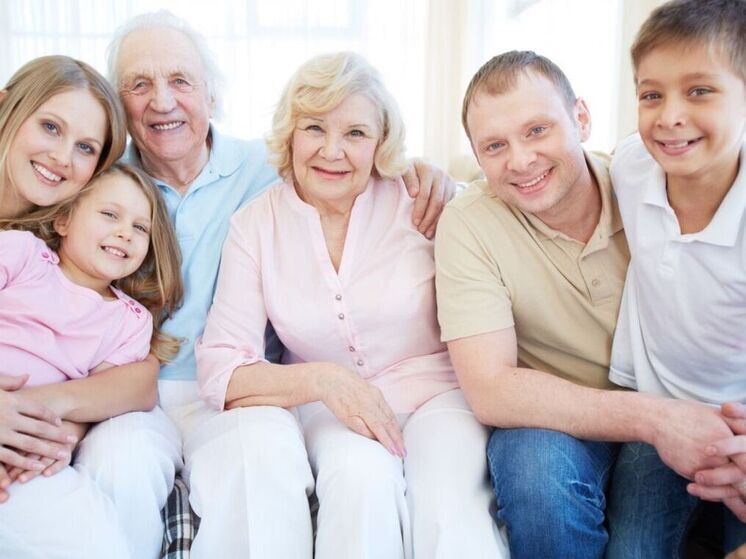
Experts from the Presidential Academy have revealed the dynamics of intergenerational ties in Russia and their implications for state economic policy.

Photo: pressfoto-ru.freepik.com
The well-being of the older generation in Russia heavily relies on various forms of assistance from their adult children. A recent survey indicates that a significant 76% of middle-aged Russians, who live separately from their parents, provide them with regular support, including financial aid. This finding stems from a study conducted by the Institute for Social Analysis and Forecasting of the Russian Presidential Academy of National Economy and Public Administration (RANEPA), as reported by senior researcher Dmitry Loginov.
The 2024 study by the Presidential Academy aimed to understand the nature of relationships between older and middle-aged Russians. The data specifically pertains to Russians aged 36-55 who have parents (their own or their spouse`s) living independently, rather than the entire population.
The research revealed that only a quarter of surveyed Russians aged 36 to 55, whose parents live separately, are not involved in regularly helping them. The majority of middle-aged individuals (40%) provide both financial and other types of support simultaneously. Another 30% offer exclusively non-financial assistance, such as helping with household problems, offering advice, or providing necessary information to their older generation relatives.
Conversely, support from independently living parents to their adult children is also a common, though more limited, phenomenon. Nearly half (49%) of Russians aged 36 to 55 reported that they do not receive regular or significant support from their older generation. A quarter of Russians receive financial assistance from their parents, with 20% receiving a combination of financial and non-material support. The most prevalent form of parental assistance is non-financial — encompassing emotional involvement, advice, and similar forms of help. Such support from the older generation is found by 46% of middle-aged citizens, with 26% receiving only non-material aid without financial contributions.
The study confirmed the existence of strong intergenerational ties in Russia and a high level of involvement of adult children in supporting their parents. Less than 20% of middle-aged citizens with independently living parents neither receive nor provide them with assistance. Forty-four percent of Russians are engaged in various forms of reciprocal support. In cases where support is unilateral, Russians aged 36 to 55 are twice as likely to provide assistance to their parents than to receive it from them.
Scientists emphasized the extremely high prevalence of resource exchanges between middle-aged individuals and their parents in Russia. Citizens aged 36 to 55 represent a key link in the system of intergenerational interaction. They provide extensive support to the older generation and are significantly more often providers of various resources to their parents than recipients. Conversely, the older generation in the system of family interactions largely acts as a dependent generation.
This dynamic is crucial to consider when formulating economic policy and planning for long-term consequences of government actions. In the event of unfavorable socio-economic trends, the older generation could face a «double blow»: direct negative impacts of such dynamics, and a severe reduction or loss of support from their adult children, who might no longer be able to provide consistent and adequate assistance.











